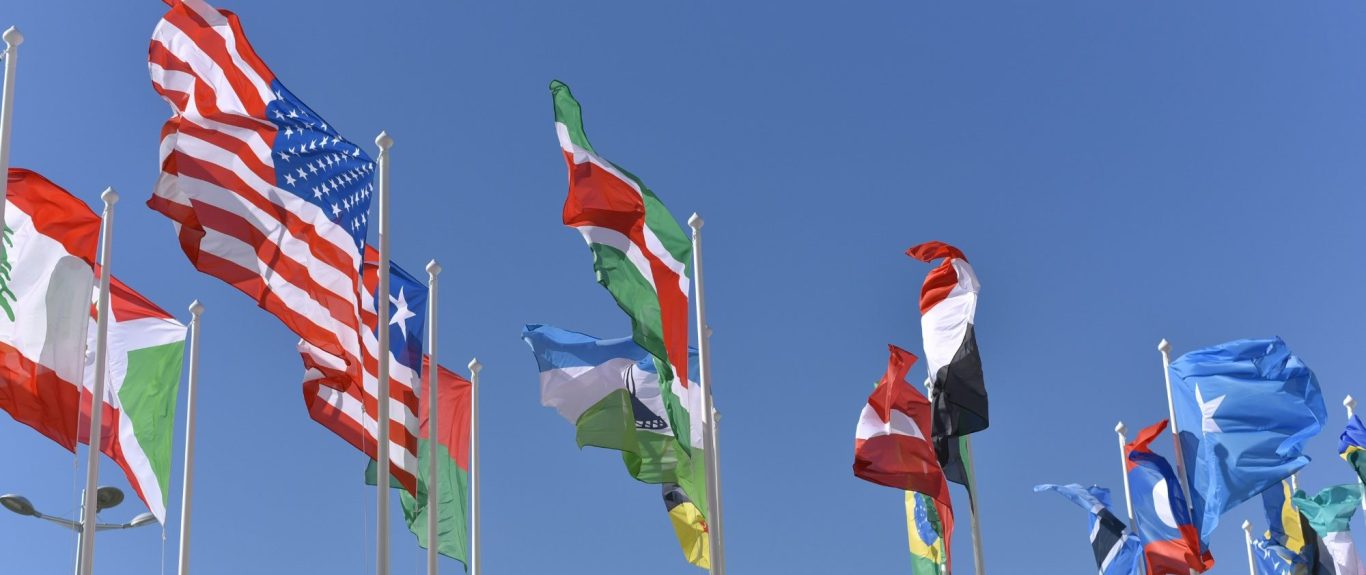Indonesia’s Steadfast Non-Alignment
Indonesia’s unwavering commitment to non-alignment and political neutrality has made it hesitant about engaging in international alliances. One example is the ongoing discussions regarding Indonesia’s potential inclusion in BRICS – Brazil, Russia, India, China, and South Africa. This discussion first began over a decade ago and remains an active one today. The BRICS grouping comprises about 26% of the world’s land area and accounts for 42% of the global population[1], contributing significantly to the global economy and production. In July this year, Indonesia accepted an invitation to participate in the 2023 BRICS summit, with President Widodo and other officials in attendance. Widodo emphasised that Indonesia was in no hurry to join the membership. Another notable instance is Indonesia’s approach to the Comprehensive and Progressive Agreement for Trans-Pacific Partnership (CPTPP) – Australia, Brunei, Canada, Chile, Japan, Malaysia, Mexico, New Zealand, Peru, Singapore, and Vietnam – collectively, constituting 15.6% of global GDP. The group aims to foster economic agreements by eliminating over 98% of tariffs within the free trade area[2]. Despite the potential advantages, last Thursday Indonesia announced that it had no plans to join the partnership. Indonesia also remains uninvolved in other international groupings such as the Quadrilateral Security Dialogue (Quad) – United States, Japan, India, and Australia, and AUKUS – Australia, UK, and US – defense agreement. President Widodo recently stressed the importance of ASEAN, considering the Quad and AUKUS as key regional partners[3].
IMPLICATIONS:
While ASEAN as a whole strives to promote and safeguard peace and security within the region, some question whether neutrality is an outdated foreign policy objective hampering its growth. Experts suggest that Indonesia stands to gain significant benefits from joining BRICS, in accessing new markets, consolidating existing ones, supporting investment flows, job creation, increasing exports and technology adoption. However, BRICS was built on the cooperation between the ‘Global South’, so some perceive it as an “anti-Western” alliance. Coupled with doubts about whether Indonesia stands to reap as many benefits as BRICS does, political non-alignment remains a central concern. Indonesia could also benefit from the CPTPP. Trade Ministry data shows that Indonesia’s exports to CPTPP member countries are on the rise. Exports to Japan increased from $17.9 billion in 2021 to $24.9 billion the following year, and exports to Canada also rose $1 billion in the same period. The CPTPP aims to eliminate over 98% of tariffs within the free trade area[2]. This could hold substantial benefits for Indonesia. Vietnam, on the other hand, is said to be the most attractive option for American businesses to access the Southeast Asian market, by virtue of being one of the few members of the CPTPP, the Regional Comprehensive Economic Partnership (RCEP), and the Indo-Pacific Economic Framework (IPEF).
Despite the advantages of greater alignment, Indonesia’s steadfast non-alignment policy may still present the safest option given that the country has always sought to avoid siding with, or ostracizing, one of the major powers, either the US or, increasingly, China. These are the main factors that drive Indonesia’s reticence to join BRICS or any of the groupings, most notably, the QUAD, which is perceived as a bloc that seeks to contain China, or AUKUS, whose nuclear-powered submarines have raised hackles in the country and among ASEAN neighbors.
[1]Bonesh, Farzad., (2023), “Indonesia’s Approach to BRICS: Opportunities and Membership Potential”, ASEAN Briefing, October 2023. Retrieved: https://www.aseanbriefing.com/news/indonesias-approach-to-brics-opportunities-and-membership-potential/
[2]Shofa, Jayanty., (2023), “Indonesia Still Has No Plans to Join CPTPP Trade Pact”, The Jakarta Globe, October 12. Retrieved: https://jakartaglobe.id/business/indonesia-still-has-no-plans-to-join-cptpp-trade-pact
[3]Shofa, Jayanty., (2023), “US Says Quad is Open to Cooperation with ASEAN”, The Jakarta Globe, August 10. Retrieved: https://jakartaglobe.id/news/us-says-quad-is-open-to-cooperation-with-asean

GEOPOLITICS
OCTOBER 16, 2023
